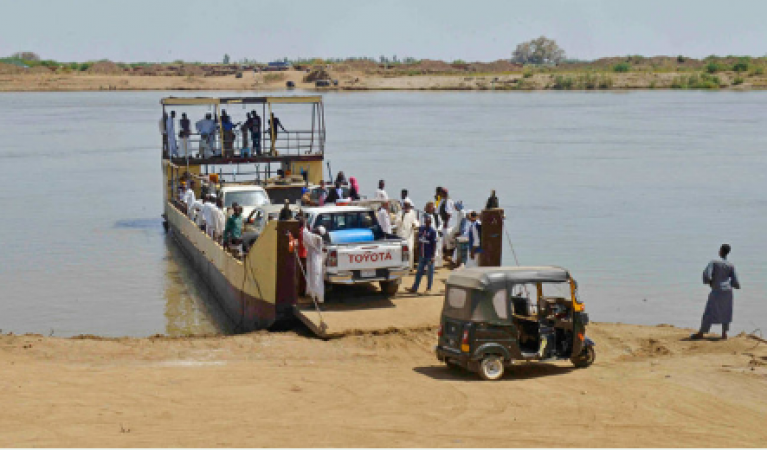
Cairo: On Sunday, fighting between Sudan's army and the paramilitary Rapid Support Forces grew more intense as the war in the nation's capital and western regions entered its 12th week with no signs of a peaceful resolution in sight.
Small arms fire, airstrikes, and artillery fire were audible, especially in Omdurman and the capital Khartoum, as the conflict deepens a humanitarian crisis and threatens to involve other regional interests.
The army did not immediately respond to the RSF's claims that it shot down an army drone and a warplane in Bahri.
Nahid Salah, 25, a resident of northern Omdurman, told Reuters over the phone, "We're terrified, the strikes are getting worse every day."
Also Read: 'Critical condition' hospitalised Hannibal Qaddafi in Lebanon: TV
While the army has concentrated on air and artillery strikes, the RSF has dominated the capital on the ground and has been accused of looting and occupying homes.
Last week, Gen. Abdel Fattah Al-Burhan, the head of the army, urged young men to take up arms against the RSF, and on Sunday, the army posted images of what it claimed to be fresh recruits.
The RSF was charged on Saturday by the Sudanese Doctors Union with raiding the Shuhada hospital, one of the few still in operation in the nation, and murdering a staff member. The RSF refuted the charge.
Also Read: Palestinians claim one has died after an Israeli attack on a West Bank city
Cities in the western Kordofan and Darfur regions have also been affected by the conflict, particularly the westernmost city of El Geneina, where the RSF and Arab militias have been charged with ethnic cleansing.
In the South Darfur capitals of Nyala, El Geneina, and Khartoum, the Combating Violence Against Women Unit reported on Saturday that it had documented 88 cases of sexual assault, a fraction of the likely total, with the majority of the victims blaming the RSF.
Last month, talks sponsored by the United States and Saudi Arabia and held in Jeddah were cancelled, and the army criticised an East African-led mediation effort because it accused Kenya of bias.
Also Read: Iranian Activist Jailed for 5 Years Following Mahsa Amini Protests
Although no formal efforts have been announced, Abdel Fattah Al-Burhan, the army chief, and Malik Agar, his deputy on the nation's Sovereign Council, both expressed openness to any attempts at mediation by Turkey or Russia last week. (Khalid Abdelaziz in Dubai, Nafisa Eltahir, and Adam Makary in Cairo reported it. Nafisa Eltahir wrote it. David Holmes edited it.)